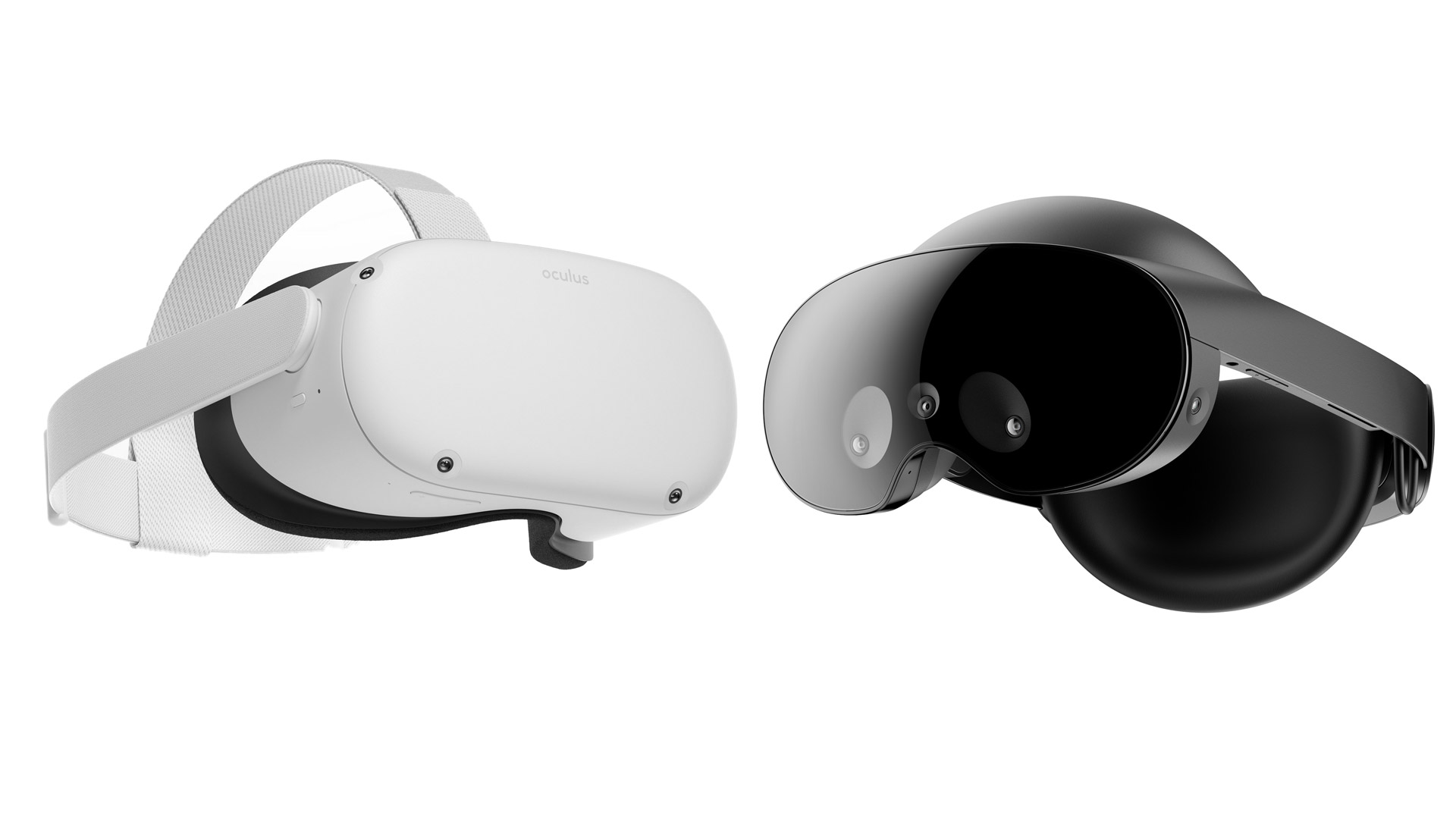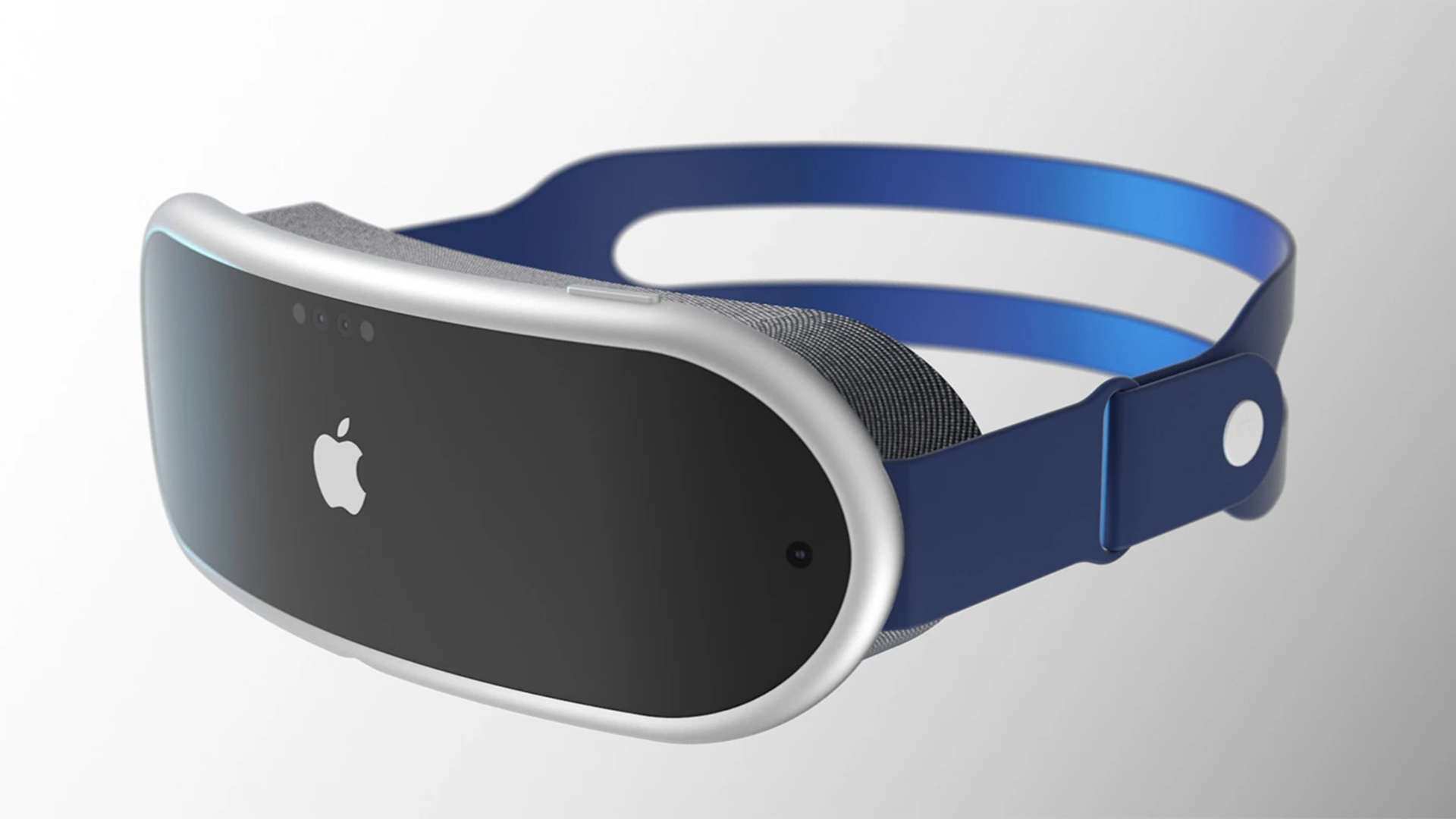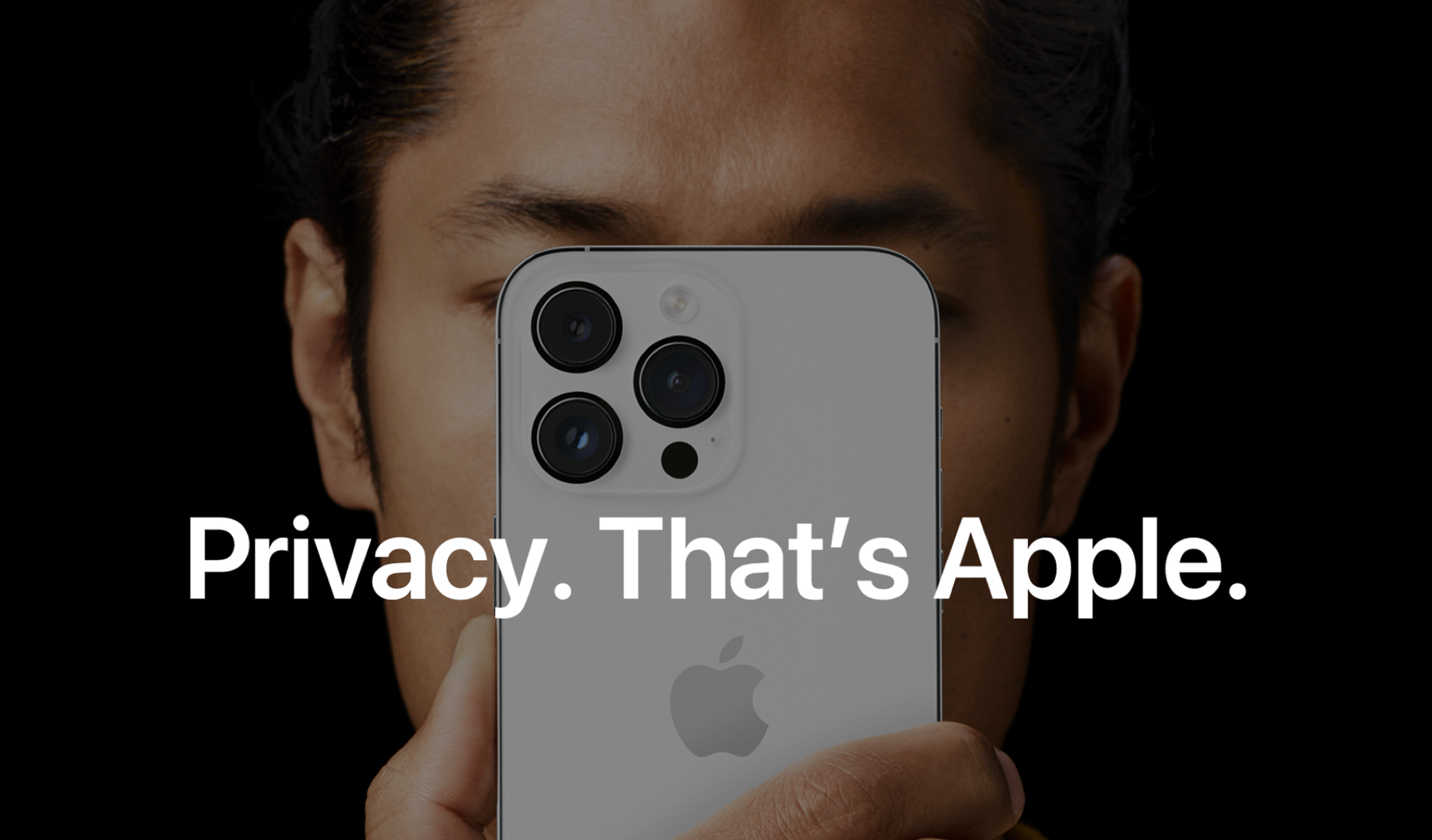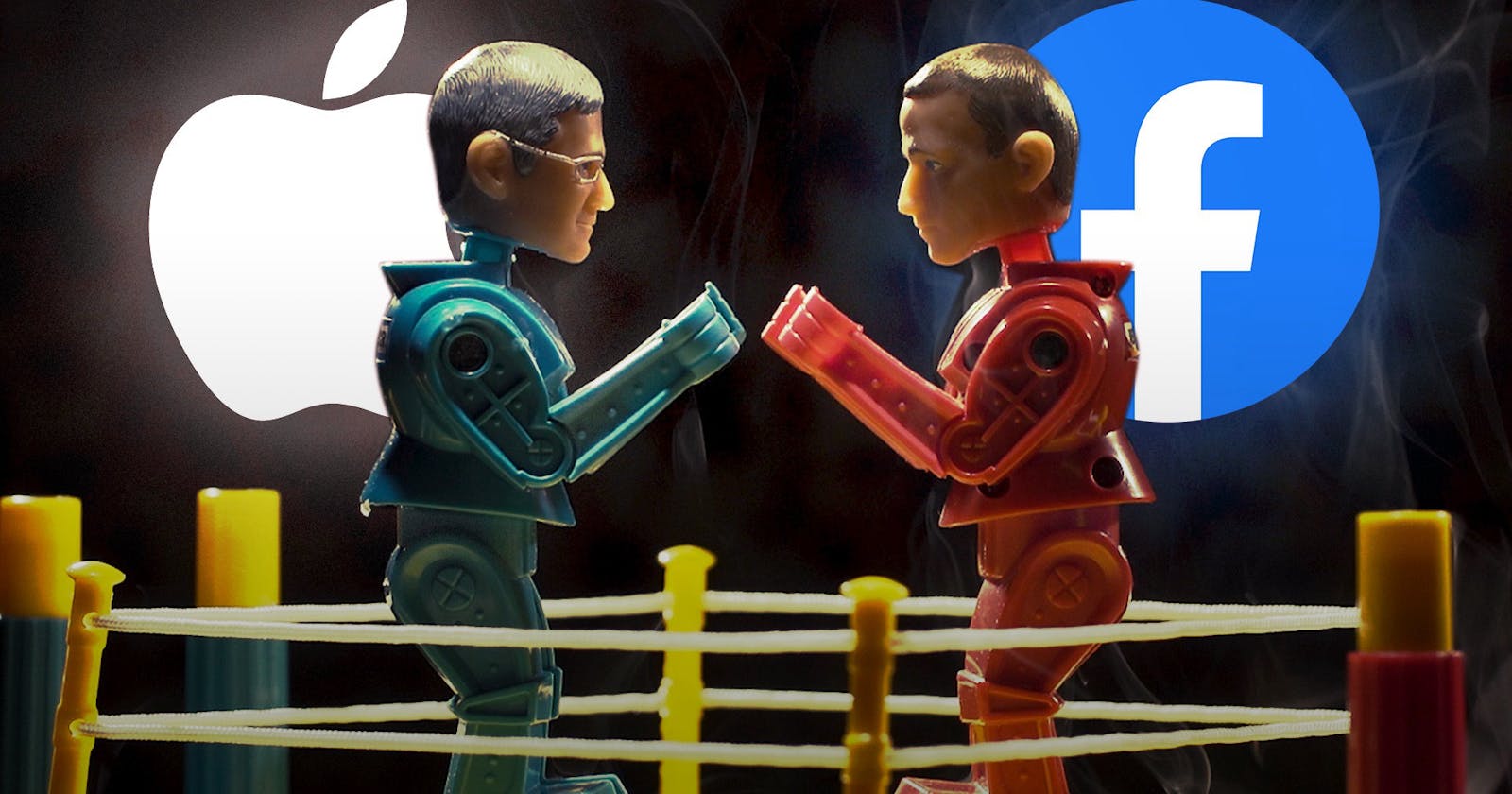Table of contents
No headings in the article.
Unveiling the Future of XR Technology: A Comparative Look at Meta and Apple's Approach to Commercialization, Ecosystem Integration, and Privacy
Introduction: Extended Reality (XR), encompassing Virtual Reality (VR), Augmented Reality (AR), and Mixed Reality (MR), is poised to revolutionize how we interact with digital content. In this article, we will explore the striking differences in approach between two tech giants, Meta and Apple, when it comes to the commercialization and ecosystem development of XR technology. Through a detailed analysis, we'll examine their unique strategies and the potential impact on the XR industry. Additionally, we'll showcase various images to illustrate the advancements in XR technology.

Meta's Vision: Embracing an Open Ecosystem Meta, formerly known as Facebook, has been at the forefront of XR technology with their Oculus VR devices. Meta's approach to commercialization revolves around building an open ecosystem that encourages collaboration and innovation. They have invested heavily in developer tools and software development kits (SDKs), enabling a vibrant community of developers to create immersive experiences for the Oculus platform. This open approach has resulted in a wide range of VR applications and games, driving adoption and user engagement.

Apple's Rumored Reality Pro Headset: A Focus on Integration and Seamless User Experience Apple's entry into the XR space is eagerly anticipated, with rumors surrounding their Reality Pro headset. Apple has a history of focusing on integration and providing a seamless user experience across their devices and software. Their approach to commercialization is likely to revolve around tightly integrating the Reality Pro headset with their existing ecosystem, including iOS, macOS, and the App Store. This integration aims to provide a seamless transition for users, making it easier to access and engage with XR content.

Ecosystem Development: Meta's Emphasis on Social and Collaboration Meta's roots in social media have heavily influenced their approach to XR ecosystem development. They envision XR technology as a means of connecting people and enabling shared experiences in a virtual environment. Through their Horizon platform, Meta aims to create a social metaverse where users can interact, collaborate, and explore virtual worlds together. This emphasis on social integration has the potential to revolutionize communication and entertainment in the XR space.

Content Distribution: Apple's App Store Dominance Apple's App Store has been instrumental in the success of their products. With the Reality Pro headset, Apple is expected to leverage their existing infrastructure to distribute XR applications. Developers will likely have access to a dedicated XR section within the App Store, providing a massive user base and seamless distribution for their creations. Apple's stringent quality control measures and user-centric approach could result in a curated selection of high-quality XR experiences.

Developer Tools and Support: Meta's Commitment to Empowering Creators Meta has been actively investing in developer tools and resources to empower creators within the XR space. They provide comprehensive documentation, online communities, and developer events to foster a collaborative environment. With their Spark AR platform, developers can build AR experiences that can be shared on social media platforms like Instagram and Facebook. Meta's commitment to developer support has resulted in a flourishing ecosystem of XR content creators.

User Privacy and Security: Apple's Strong Emphasis Privacy and security have been paramount concerns in the digital age. Apple has established a reputation for prioritizing user privacy, and it is likely to extend to their XR devices and experiences. With features like App Tracking Transparency and secure facial recognition technology, Apple's Reality Pro headset could offer users peace of
mind when engaging with XR content.
Conclusion: The commercialization and ecosystem development of XR technology by Meta and Apple represent two distinct approaches. While Meta focuses on an open ecosystem, social integration, and empowering creators, Apple's rumored Reality Pro headset is expected to leverage their ecosystem integration, app distribution dominance, and a strong emphasis on user privacy. Both companies' strategies have the potential to shape the future of XR technology and offer users groundbreaking experiences.
Through their respective approaches, Meta and Apple are poised to drive innovation, collaboration, and user engagement in the XR space. As we eagerly await the unveiling of Apple's Reality Pro headset, the competition between these tech giants promises to push the boundaries of XR technology and deliver immersive experiences to users worldwide.
